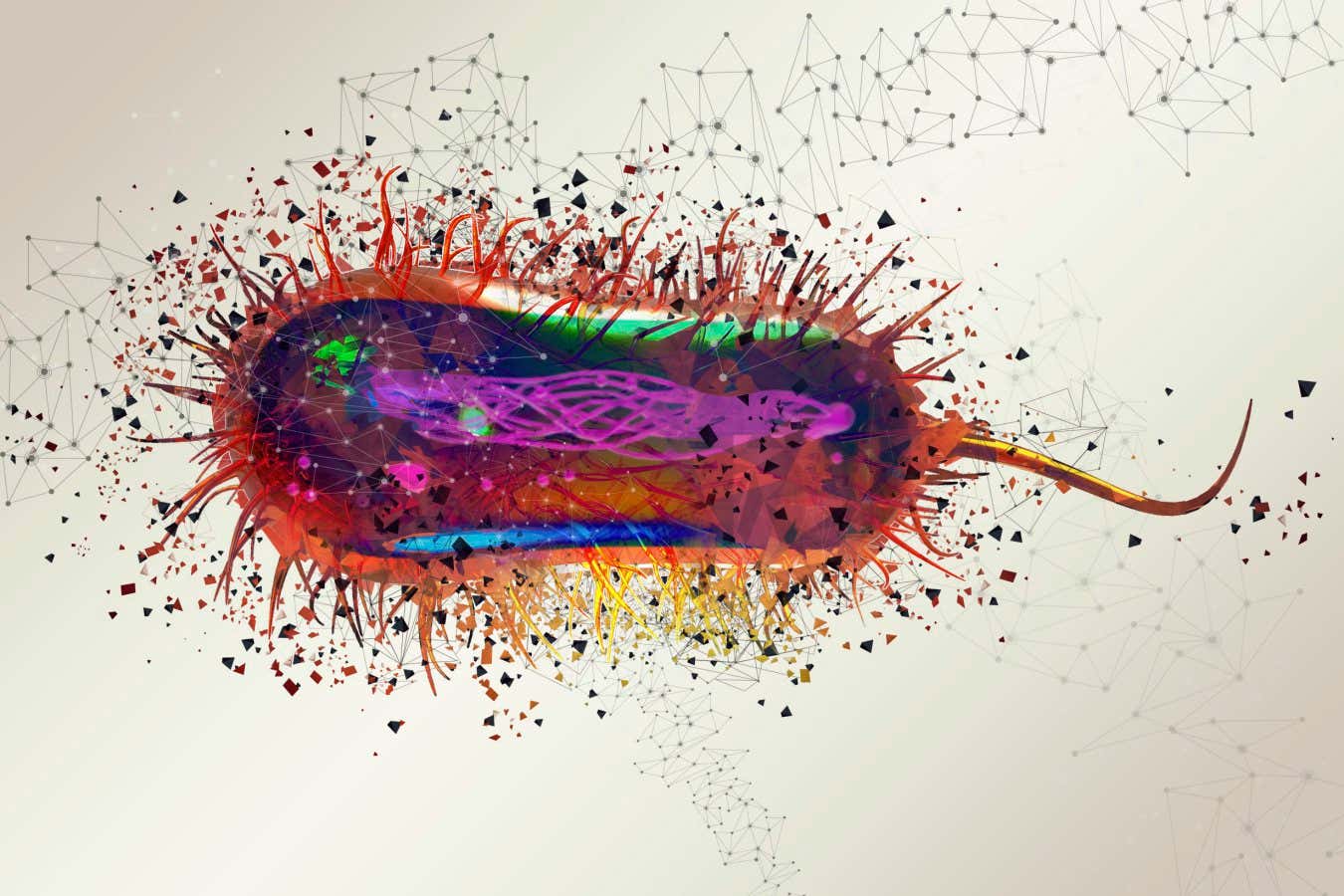A proof-of-concept study finds that donated insulin-producing cells can be genetically modified to avoid provoking the recipient’s immune system.


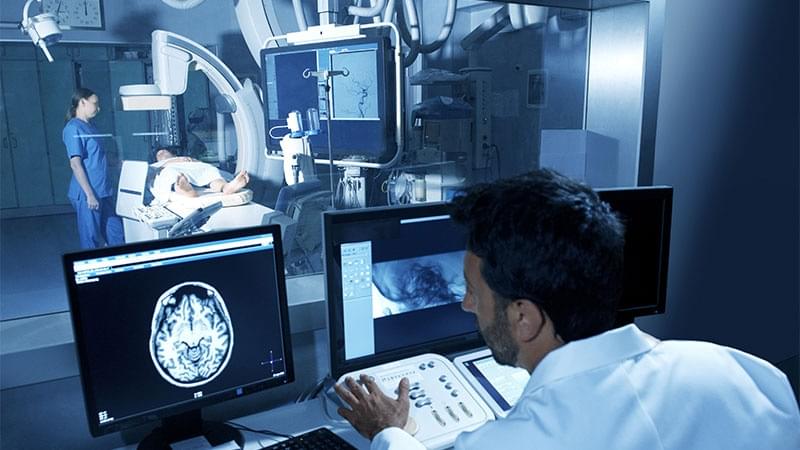
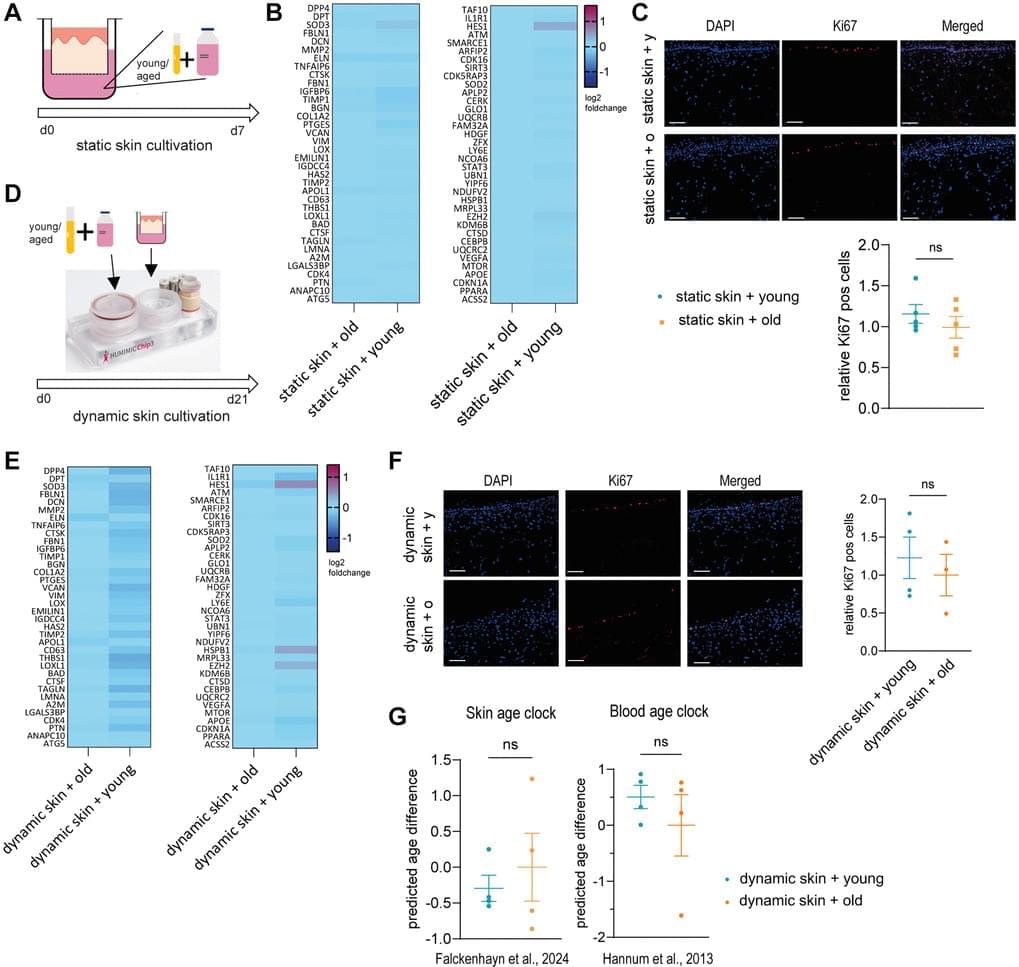
Aging is a complex process that significantly contributes to age-related diseases and poses significant challenges for effective interventions, with few holistic anti-aging approaches successfully reversing its signs. Heterochronic parabiosis studies illuminated the potential for rejuvenation through blood-borne factors, yet the specific drivers including underlying mechanisms remain largely unknown and until today insights have not been successfully translated to humans. In this study, we were able to recreate rejuvenation of the human skin via systemic factors using a microphysiological system including a 3D skin model and a 3D bone marrow model. Addition of young human serum in comparison to aged human serum resulted in an improvement of proliferation and a reduction of the biological age as measured by methylation-based age clocks in the skin tissue. Interestingly, this effect was only visible in the presence of bone marrow-derived cells. Further investigation of the bone marrow model revealed changes in the cell population in response to young versus aged human serum treatment. Using proteome analysis, we identified 55 potential systemic rejuvenating proteins produced by bone marrow-derived cells. For seven of these proteins, we were able to verify a rejuvenating effect on human skin cells using hallmarks of aging assays, supporting their role as systemic factors rejuvenating human skin tissue.
Aging | doi:10.18632/aging.206288. Johanna Ritter, Cassandra Falckenhayn, Minyue Qi, Leonie Gather, Daniel Gutjahr, Johannes Schmidt, Stefan Simm, Stefan Kalkhof, Janosch Hildebrand, Thomas Bosch, Marc Winnefeld, Elke Grönniger, Annette Siracusa.
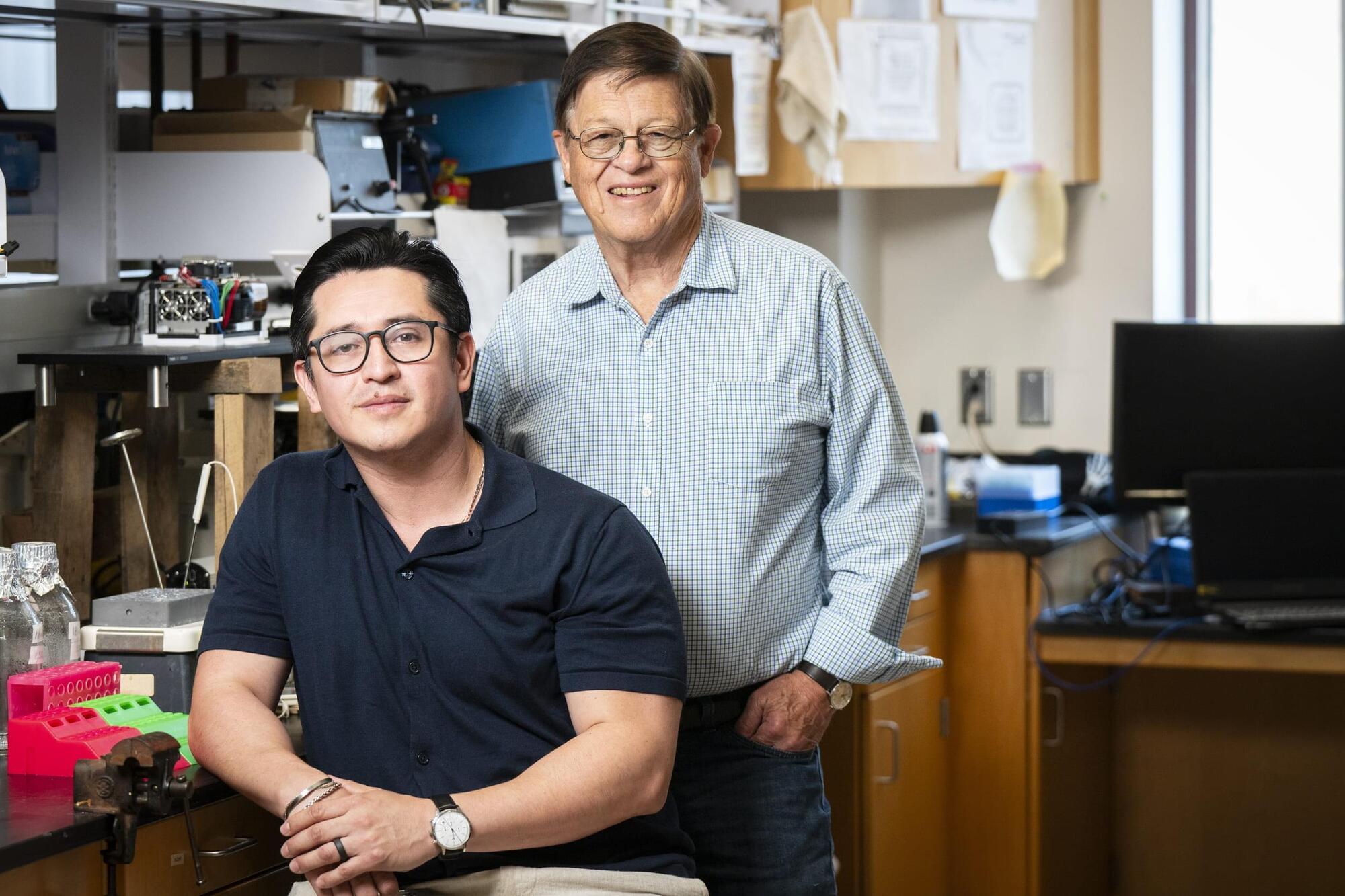
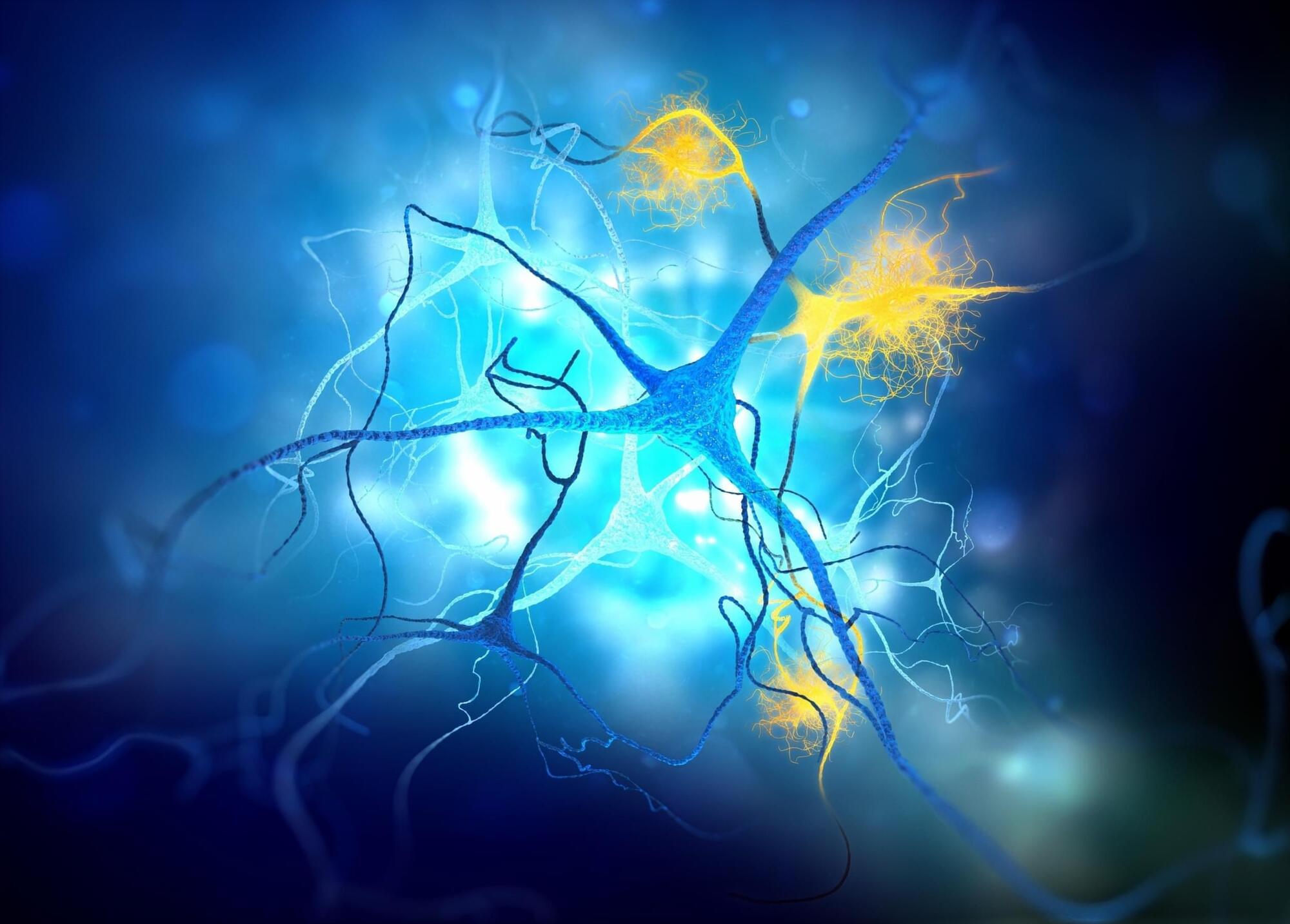
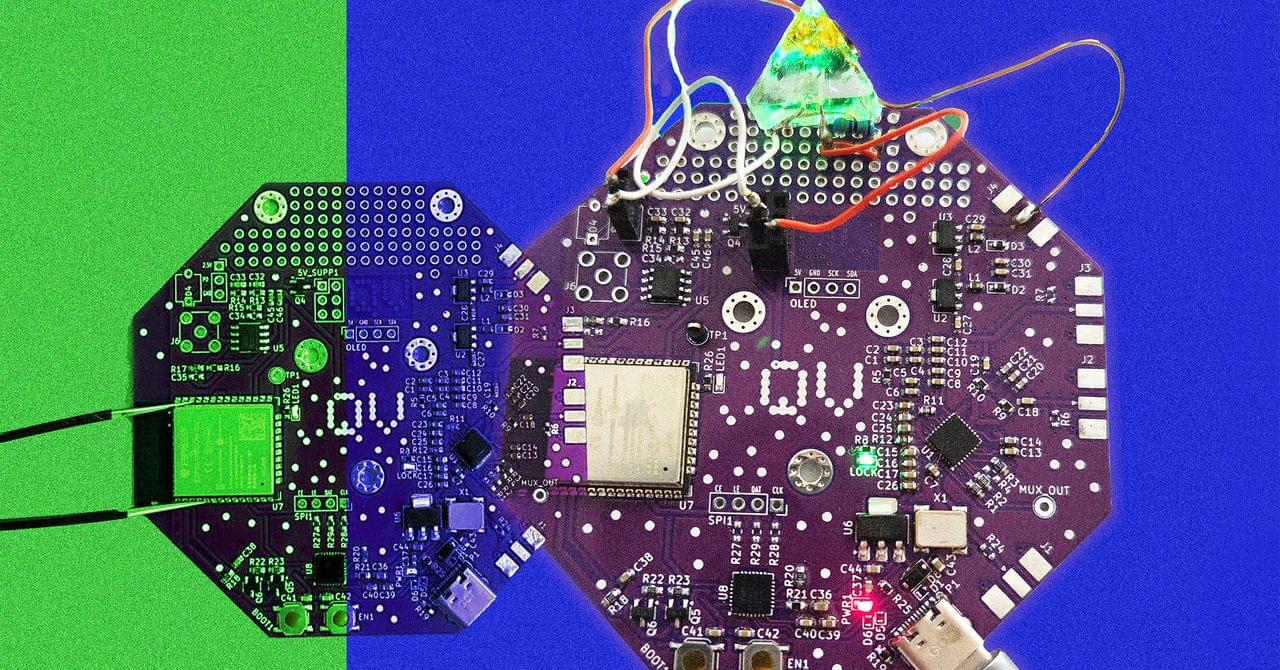
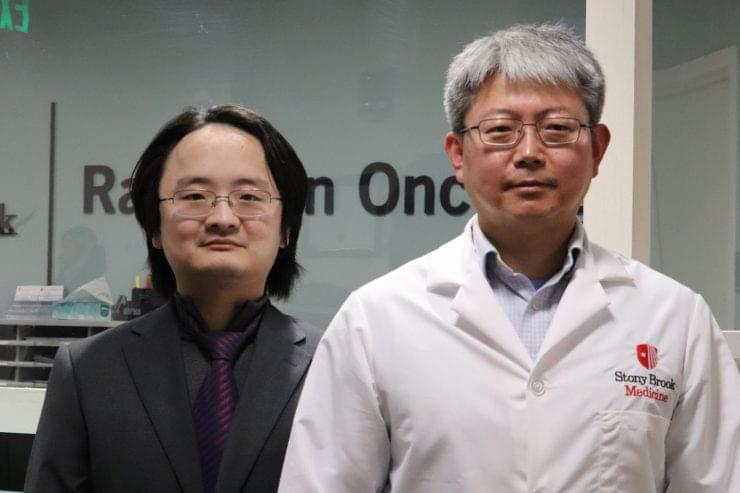

That looming reality is pushing NASA to gradually make on-orbit medical care more “Earth-independent.” One early experiment is a proof-of-concept AI medical assistant the agency is building with Google. The tool, called Crew Medical Officer Digital Assistant (CMO-DA), is designed to help astronauts diagnose and treat symptoms when no doctor is available or communications to Earth are blacked out.
The multimodal tool, which includes speech, text, and images, runs inside Google Cloud’s Vertex AI environment.
The project is operating under a fixed-price Google Public Sector subscription agreement, which includes the cost for cloud services, the application development infrastructure, and model training, David Cruley, customer engineer at Google’s Public Sector business unit, told TechCrunch. NASA owns the source code to the app and has helped fine-tune the models. The Google Vertex AI platform provides access to models from Google and other third parties.
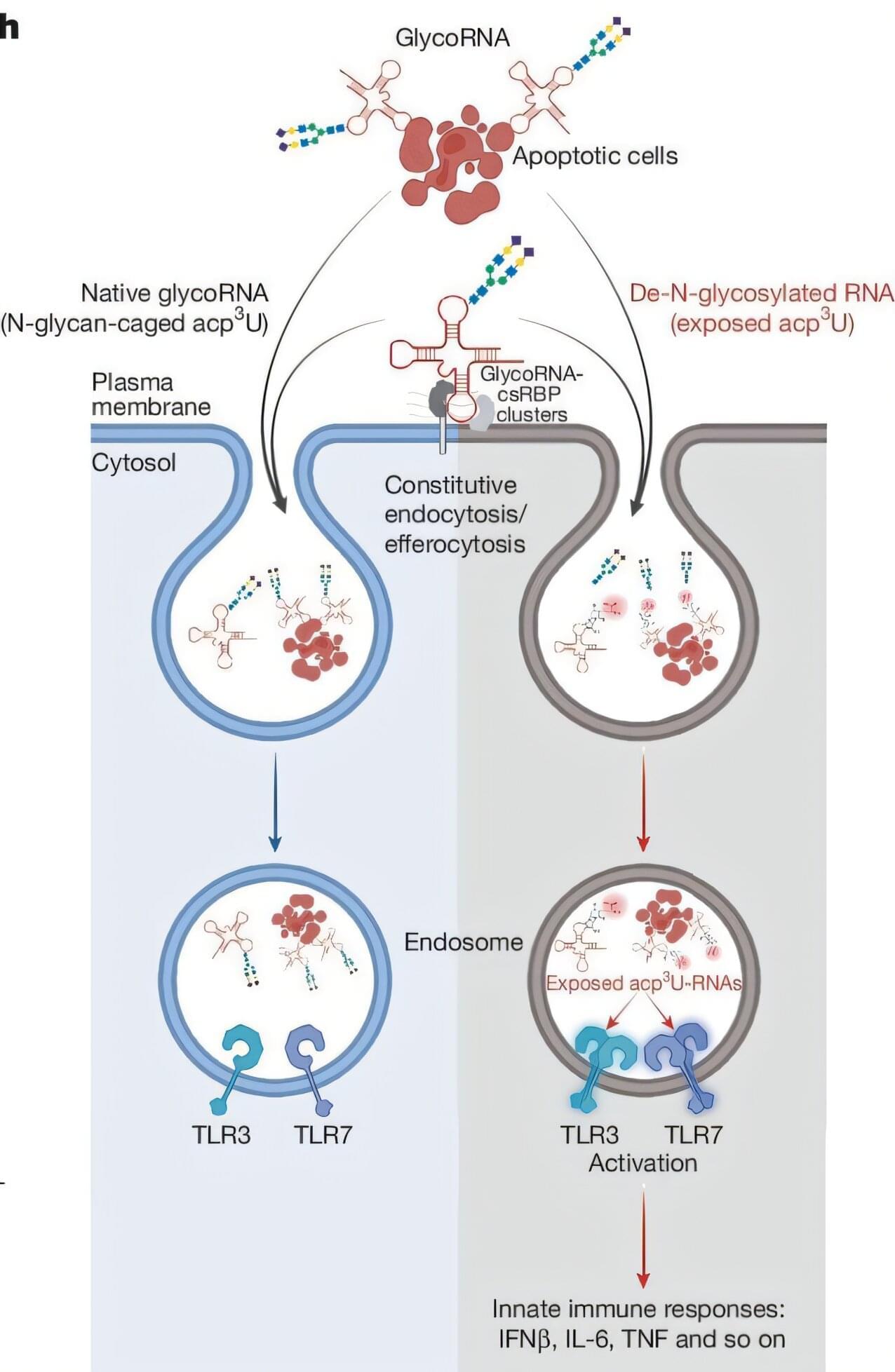
To our immune system, naked RNA is a sign of a viral or bacterial invasion and must be attacked. But our own cells also have RNA. To ward off trouble, our cells clothe their RNA in sugars, Vijay Rathinam and colleagues at the UConn School of Medicine and Ryan Flynn at Boston Children’s Hospital report in Nature.
Ribonucleic acid (RNA) is a family of large biological molecules fundamental to all forms of life, including viruses, bacteria, and animals. Viruses as diverse as measles, influenza, SARS-CoV-2, and rabies all have RNA, which is why the immune system starts attacking when it sees RNA in the bloodstream or in other inappropriate locations. But our own cells have RNA as well, sometimes displaying it on their surface, plain for roaming immune cells to see—and yet the immune system ignores it.
“Recognizing RNA as a sign of infection is problematic, as every single cell in our body has RNA,” says UConn School of Medicine immunologist Vijay Rathinam. The question is, how does our immune system distinguish our own RNA from that of dangerous invaders?
